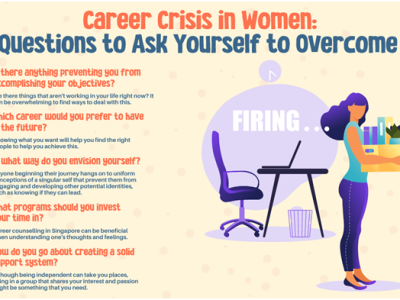Finding the perfect nursery for your little one is a big decision. For many parents across the UK, it’s the first step into the world of childcare and early education — and understandably, you want to get it right. With a variety of options available, from private day nurseries to school-based settings, navigating the landscape can feel a little overwhelming. Here’s a guide to help you understand what to look for in a UK nursery and how to make the best choice for your child.
Types of Nurseries in the UK
In the UK, nurseries can be run by private organisations, local councils, schools, or community groups. The main types include:
Day Nurseries –
Open all year round and typically cater for children from a few months old up to five years. These are a popular choice for working parents due to their full-day care.
Nursery Schools –
Often attached to primary schools and generally accept children from around age three. They follow the Early Years Foundation Stage (EYFS) curriculum and are usually term-time only.
Preschools or Playgroups –
Usually part-time and often community-run. These settings focus on social development and learning through play.
Montessori or Steiner Nurseries –
Based on specific educational philosophies, these nurseries often provide a more structured or child-led approach to learning.
What to Consider When Choosing a Nursery
Every child is different, and so is every nursery. When you’re visiting potential settings, keep an eye out for the following:
Ofsted Rating –
All registered nurseries in England are inspected by Ofsted. A good or outstanding rating can provide peace of mind, but don’t rely solely on the rating — your own impressions matter just as much. Consider the Knightsbridge nursery.
Staff Qualifications and Ratios –
Look for well-qualified and caring staff. The ratio of adults to children is crucial for safety and personalised attention.
Daily Routine –
A good nursery offers a balance of structured activities, free play, rest, and outdoor time.
Cleanliness and Safety –
Is the nursery clean, well-maintained, and secure? Outdoor areas should be safe and stimulating.
Communication –
Find out how the nursery keeps parents informed about their child’s progress and day-to-day experiences.
Atmosphere –
Trust your gut. Do the children look happy and engaged? Is the setting warm, welcoming, and child-focused?
Funding and Entitlements
In the UK, there are several government schemes to help with childcare costs:
15 Hours Free Childcare –
Available for all 3 and 4-year-olds, and some 2-year-olds depending on eligibility.
30 Hours Free Childcare –
Available to working families with children aged 3 to 4.
Tax-Free Childcare –
Parents can get up to £2,000 per child per year towards childcare costs.
Make sure the nursery you choose is registered to accept these funding options.
Final Thoughts
Starting nursery is a milestone — not just for your child, but for you as a parent. Taking the time to visit different settings, ask questions, and gather information will help you feel more confident in your decision. Remember, there’s no one-size-fits-all nursery — it’s about finding the right fit for your child’s needs, personality, and your family’s routine.














Comments